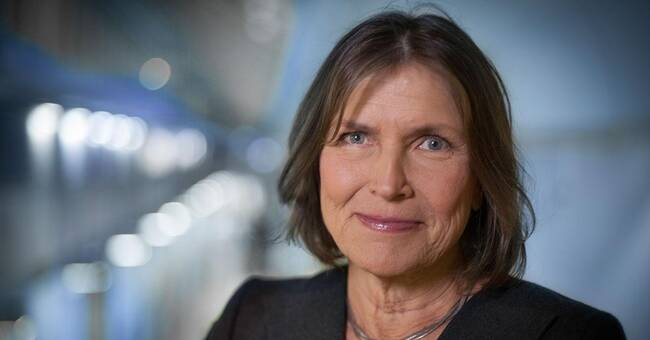With the election of Steve Sem-Sandberg and Ingrid Carlberg, the Swedish Academy is full.
Ingrid Elam thinks that two solid members have been found.
- Steve Sem-Sandberg is a very obvious choice.
He is a very prominent Swedish author of international caliber.
He is also a documented good reader, active as a critic with a great international outlook.
It is important in the academy, you may not be sitting there mainly because you are a great writer but to contribute with work in language and literature issues, she says.
Supported the choice of Handke
Steve Sem-Sandberg was active in last year's debate on whether it was right to give the 2019 Nobel Prize to the Austrian author Peter Handke.
This after Handke took a stand for the Serbian side during the Yugoslav wars in the 90s.
Sandberg argued that Handke, despite his history, was well worth the price.
- It has certainly not been in his barrel when it comes to the election.
But it would be unfair to say that he was elected because he supported the award.
You have to respect the election of Steve Sem-Sandberg on completely different merits, says Ingrid Elam.
"There are not very many non-fiction writers"
With regard to the election of Ingrid Carlberg, Ingrid Elam believes that the Academy addresses the shortage of non-fiction authors.
- She has written great biographies.
I'm not so sure how she should work in relation to literature prizes and other scholarships.
But it can be important to have a non-fiction author in the Academy.
Peter Englund has been writing more fiction lately so there are not that many.
"Writes European books"
With both choices, the Academy gains more competence in European literature, says Ingrid Elam.
- You want to signal that you raise your gaze.
Both of these authors write European books.
Sandberg draws on topics from the war, depicts the Holocaust and German experiences.
It is not so common in Swedish literature today to write novels that are set in an international context.
Ingrid Carlberg has stayed in Sweden but writes with an international perspective, including in the biographies of Alfred Nobel and Raoul Wallenberg.

